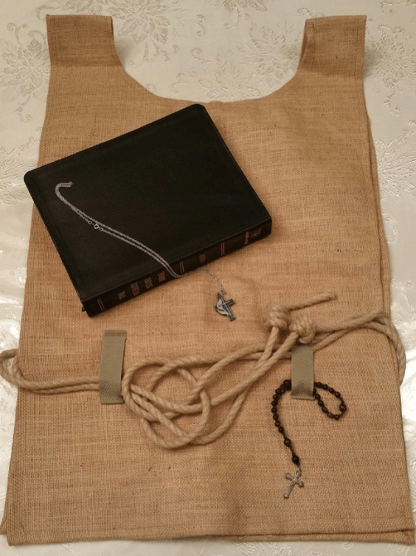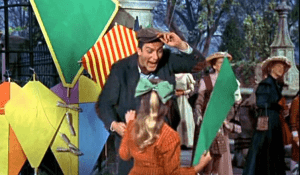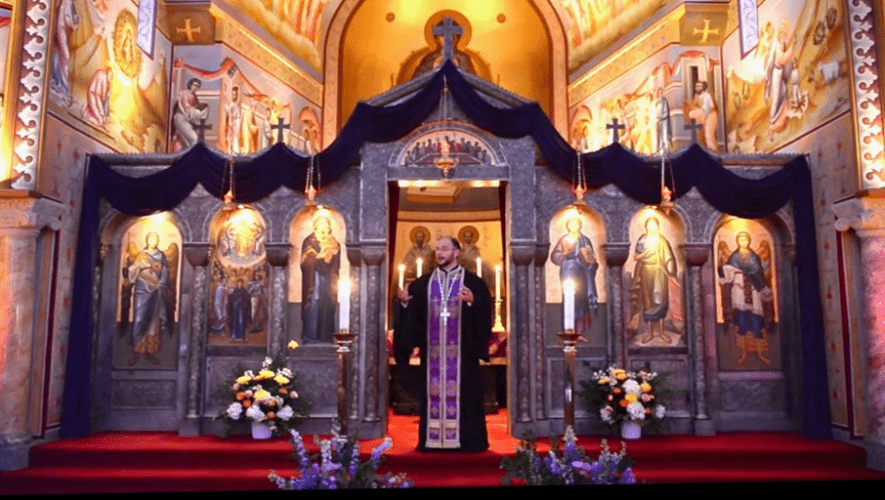My Little Gnudren,
We are in Lent. Does Jesus teaching require us to observe Lent and the other seasons we, the Church, have built up around his life? No, they are not ‘a must’. They are simply tools which many have found helpful in centuries past and the present. Many churches today have no notion of the niceties of the Church’s set seasons and they do the work of the kingdom in their communities. But here are some points of information. In the western Churches year Lent is a time for abstinence and deep mortification and self-flagellation – [don’t try Lenten flagellation on anyone else or you might be arrested]. Common ways of inflicting these very painful experiences of self-denial usually take the form, in the past and present, of giving up chocolate, or alcohol to wearing horse hair vests, though the latter don’t seem to be available in Primark or Poundland this year.


Then we think about sin and death and ash and gash ourselves until things reach a peak of seriousness and sorrow as we proceed through Holy Week to Good Friday. Then we are in limbo for one day. And at last, off come the horse hair vests, out comes the chocolate and alcohol and with great jubilation we celebrate of Jesus’ Resurrection with chocolate and Simnel Cake and back to normality after an overdose of chocolate and alcohol to make up for our abstinence.
In the Eastern Orthodox Churches there is a variation of practices, but the main features of the season are somewhat different. There is a much greater emphasis on Joy. There is no such thing as Ash Wednesday in their calendar. The Great Lent, as it is known starts with Clean Monday. In Greece, Clean Monday is marked with the flying of colourful kites.


Dear readers, this does not mean that George Banks and Bert are celebrating the beginning of Orthodox Lent when they sing “Let’s Go Fly A Kite” at the end of Mary Poppins.
The first week of The Great Lent is marked by forgiveness and feasting, and almsgiving – [have you given to the Ukrainian relief fund yet?] The idea is that you invite people from your community, the ones you don’t get on with, into your home and seek reconciliation and forgiveness if necessary; and feast with them. In some rural communities the parish priest comes round to make sure you are doing this!

Us Orthodox Gnus would get on with the forgiveness bit for fear of one of these coming round to question us.
In some churches it is a week of fasting – fasting being defined by not eating in the hours of daylight, – but the practice of reconciliation, forgiveness and hospitality is still the essential part of it. This clears and prepares the ground for spiritual growth to happen, in tandem with the earth bursting into life in Spring. The theme of Lenten Joy runs through the season. In the West we stop singing Alleluias in church – it is as if God does not want us to be happy! In the Orthodox Church Alleluias continue all over the place. In many Anglican churches the flower rota folks have a break because we don’t have flowers in church during Lent. [Are they too cheerful?] Meanwhile everything outside is bursting into colourful bloom and blossom. Old Gnu thinks that God must be amused! Two set hymns of the Orthodox Church begin with words of happiness: The Lenten Spring has dawned!…” [the Stichera], “Now is the season of Repentance; let us begin it joyfully…” [Vespers Aposticha]. We Anglicans drone, “Forty days and forty nights….” Perfectly frightful! to Old Gnu’s mind.
Let us fast forward to Holy Week. Alas much of our observances in the Western Churches focus on the plight of what Jesus had to endure and is often reduced to an exercise of pity. But God does not want our pity. Rather God wants us to be amazed and grateful at the extent to which she/he will go to redeem us and win us back. We celebrate The Stations of The Cross. We must respect the fact that we are all different and that for some this is profoundly helpful.For others it is meaningless and they cannot find deep devotion in remembering that Jesus falls a second time on his way to the cross or that Ann, or is it Veronica, wipe his face.
In many Orthodox Churches, services from Palm Sunday evening to Maundy Thursday are designated The Service of the Bridegroom.

The whole mood is set by the notion of what Jesus came to do, to draw people to himself and God in a loving relationship through his actions. For the likes of old Gnu this is much more upbeat and inspiring to Old Gnus mind. Old Gnu begs you to go to You Tube and listen to “Behold, The Bridegroom” one of the Hymns for The Service of the Bridegroom set by Grechaninov [conducted by Charles Bruffy, Kansas Chorale] and you will get a feel of the sense of awe that permeates Holy Week in the Orthodox Church.

Well, there we have it; and so on and so forth…. But none of this liturgical stuff is essential. What is essential is an encounter with God that Jesus provides, “and to love justice and mercy and walk humbly before God.” You can measure for yourself what helps you by the words of Jesus: “By their fruits you shall know them”. Give to Ukraine Relief [The Disasters Emergency Committee or a fund that trustworthy… beware there are sharks around]. Most of us can afford £100. Amen.
The Ukraine has been giving Russian prisoners of war mobile phones so they can phone their families at home.

Vetus Pater Gnu
Academiae Musicorum et Theologia
Turris LA
VIII Mensis Martii MMXXII

